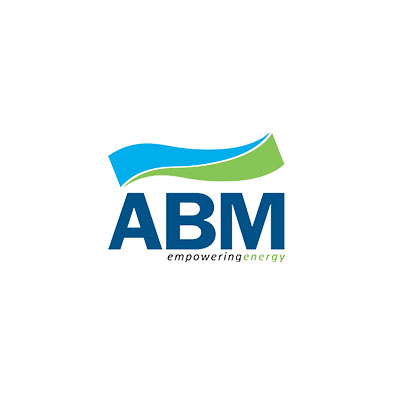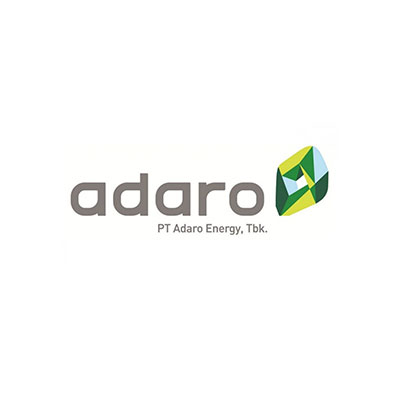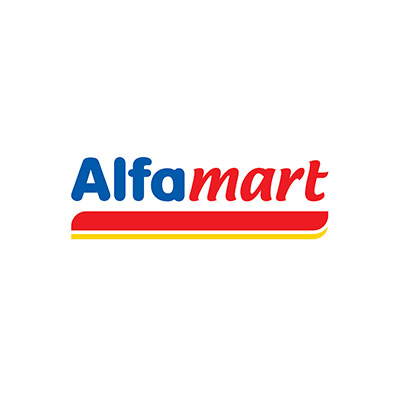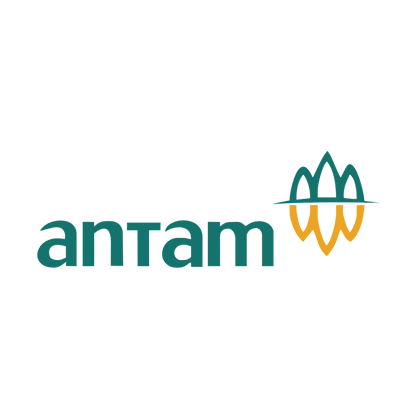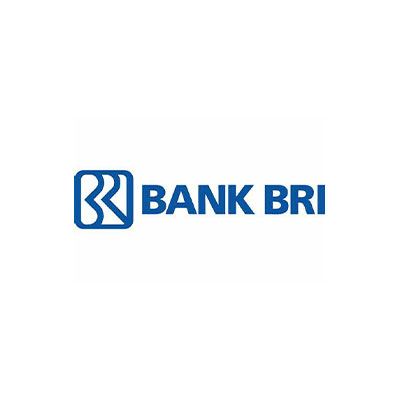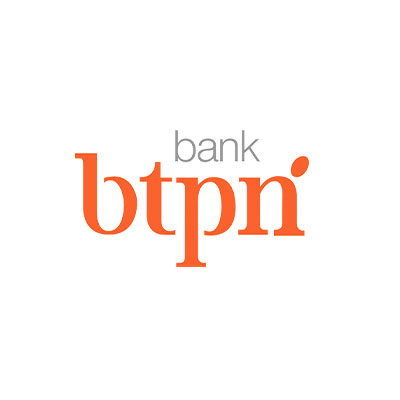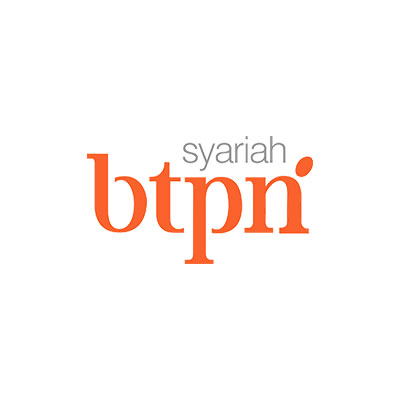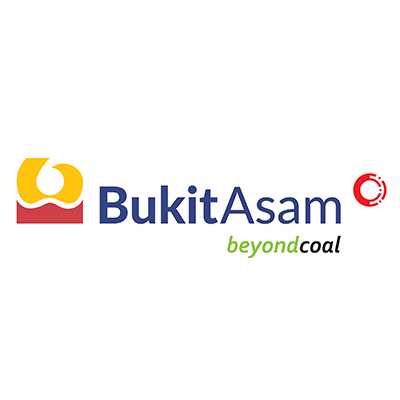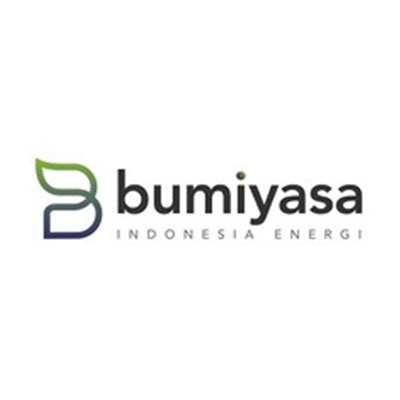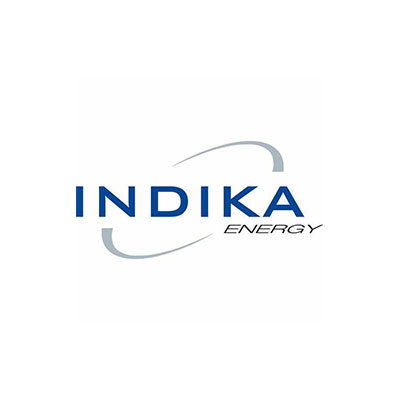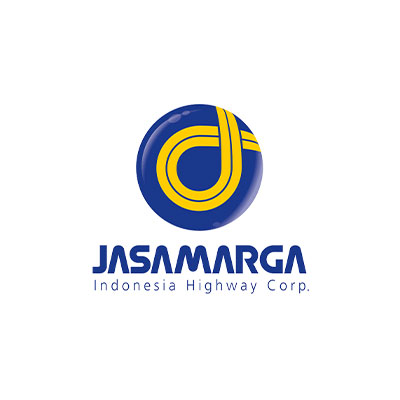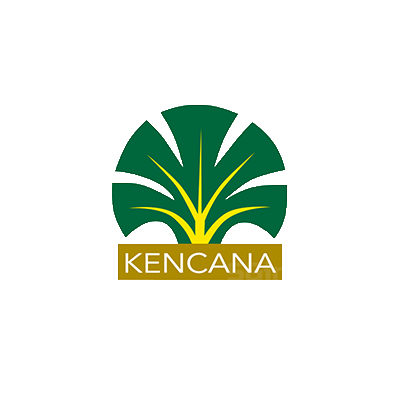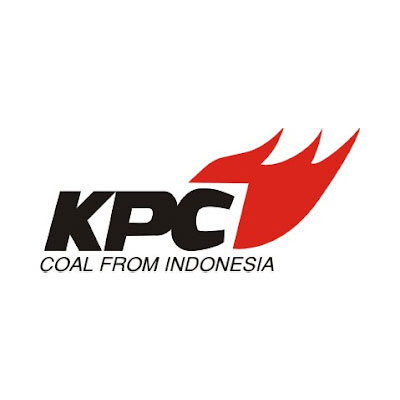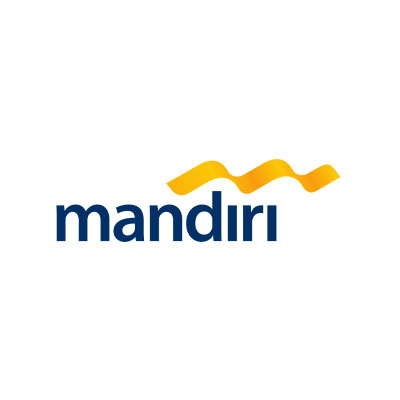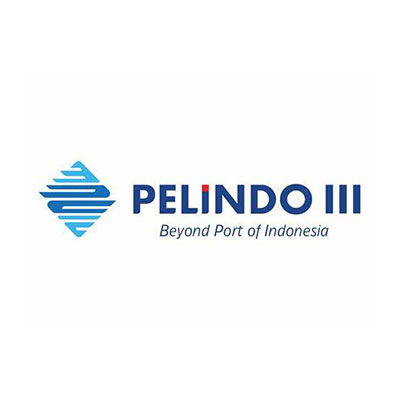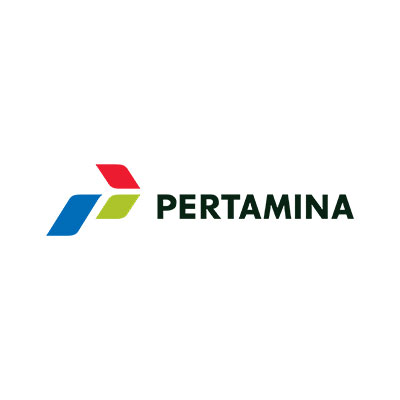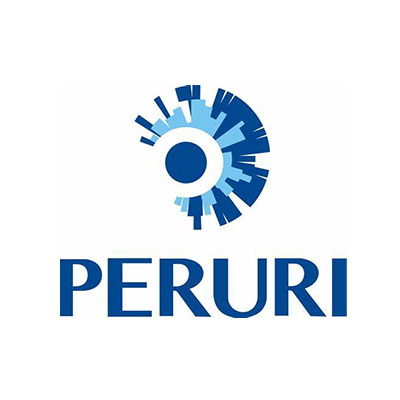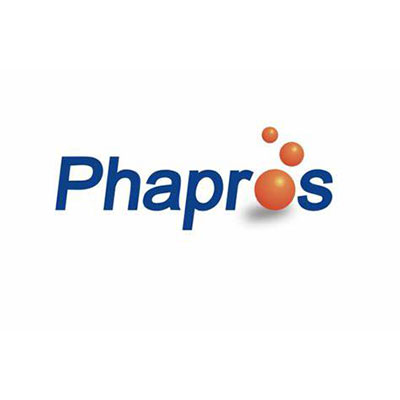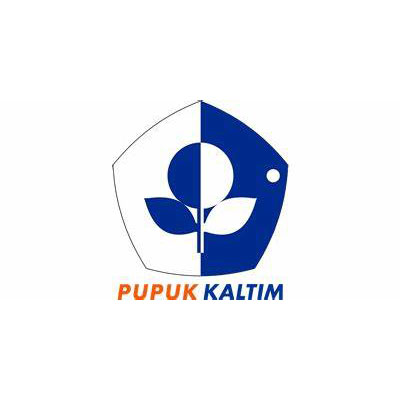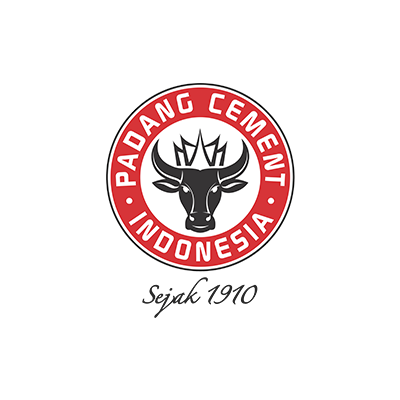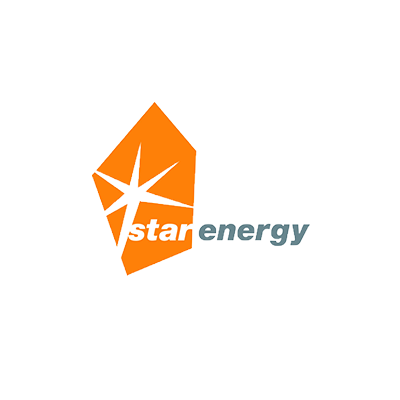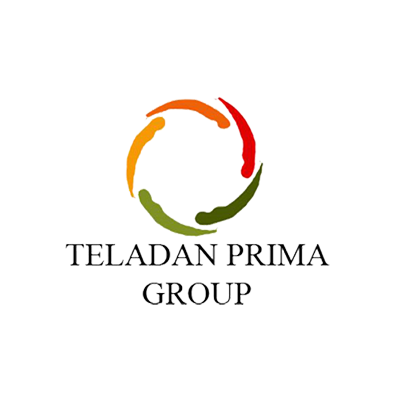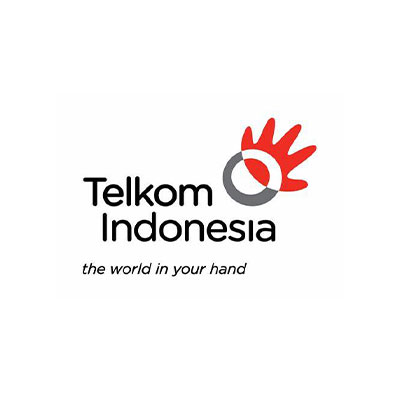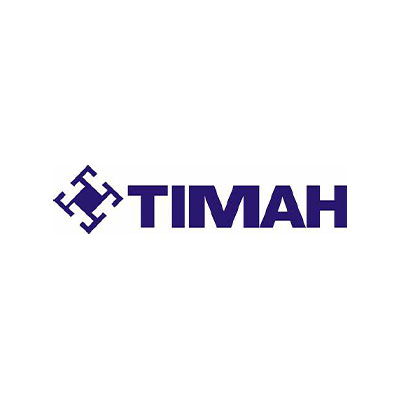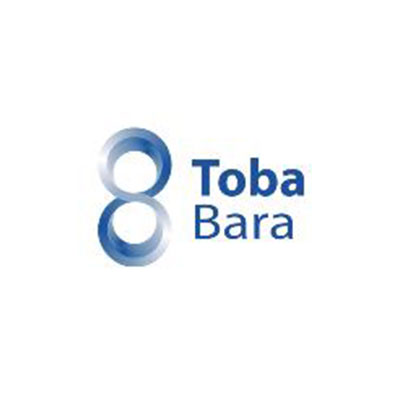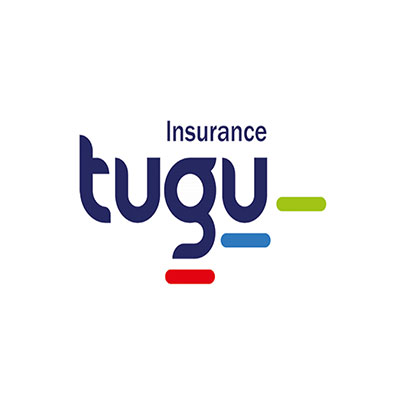Green Consult appointed by to prepare with theme of "".
Green Consult chosen as the consultant for the sustainability report development for because of it's expertise and experience. Green Consult is the pioneer for Sustainability Report (Laporan Keberlanjutan) consultant which is consist of expert from Sustainability Practitioners comply to standards such as GRI (Global Reporting Initiatives).
Green Consult resources in preparing the Sustainability Reports for each and every clients assisted by certified professionals expert in Sustainability Reporting and comply with GRI Standards.
Half-a-hundred options for cleaning up your business, from the universal (catch that rainwater!) to the specific (lose the plastic bowls!). Mix, match–join in.
Imagine asking today how the Internet affects business. It’s an absurd question, like asking how electricity changed business. Asking the same about sustainability, it turns out, is equally absurd. Like the Internet, sustainability spurs innovation in everything, from how you see your business model to whether you see your employees (why not let them work at home more?). Here are our favorite ways companies today are greening up–and saving money and making better widgets in the process.
1At $100 a ton, feeding a landfill is pricey. But in the past two years, General Mills has turned its solid waste into profits. Take its oat hulls, a Cheerios by-product. The company used to pay to have them hauled off, but realized they could be burned as fuel. Now customers compete to buy the stuff. In 2006, General Mills recycled 86% of its solid waste, earning more from that than it spent on disposal.
2Moore’s Law is great for producing speedier devices, but it’s hell on the environment. According to Greenpeace, demand for new technology creates 4,000 tons of e-waste an hour, which often ends up on dead-hardware mountains in India, Africa, and China. Enter take-back programs, in which customers return spent technology to manufacturers, who recycle the parts for new gadgets. The United States has long lagged behind many European nations, which mandate the programs, but that’s finally changing. Dell is leading the way. Last year, the PC maker recovered 40,000 tons of unwanted equipment for recycling, up 93% from 2005.
3Trains were already the cleanest way to move massive amounts of freight long distances, but General Electric raised the game with its Evolution locomotives, diesel engines launched in 2005 that cut fuel consumption by 5% and emissions by 40% compared to locomotives built just a year earlier. Up next, a triumph of sheer coolness: a GE hybrid diesel-electric locomotive that, just like your Prius, captures energy from braking and will improve mileage another 10%. According to GE, the energy dissipated in braking a 207-ton locomotive during the course of a year is enough to power 160 homes for the same period.
4Not to be outdone in the freight game, Wal-Mart is providing funding to the biggest truck manufacturers–ArvinMeritor, Eaton, International, and Peterbilt–to develop the first heavy-duty diesel-hybrid 18-wheeler. Wal-Mart, which operates the second-largest truck fleet in the country, will test the prototypes next year.
5Austin-based concert promoter C3 Presents made news when it banned Styrofoam cups from the sixth annual Austin City Limits Music Festival this year. Beneath the quick-hit media pop was a deeper story: Following the model the company created for Lollapalooza, C3 took a holistic approach to greening nearly every aspect of ACL, from bamboo-based concert T-shirts to gel sanitizer in the bathrooms to bio-diesel power generators.
6It’s not just hippies making the special-events world eco-friendly. The Philadelphia Eaglesclaim to be the greenest team in the NFL–and not just because of the color of its jerseys. Starting this season, the team’s “Go Green” environmental campaign has its stadium cleaning crew making two full sweeps after each game–one to pick up recyclables and another for trash.
7First we counted calories, then carbs. Now it’s carbon, as retailers introduce product labels that encourage customers to weigh their eco-sins. The most ambitious: British grocery giant Tesco, which has a program to label all 70,000 of its products with carbon breakdowns.
8Hamburger Helper helps your hamburger … save the planet? This year, General Millsredesigned the packaging of Mom’s old standby, shaving off 20% of the paperboard box without shrinking its tasty contents. The astounding result: 500 fewer distribution trucks on the road each year.
9Another recent player in the un-supersize movement, Unilever, reconfigured the plastic bottles for its billion-dollar Suave shampoo brand, saving plastic equivalent to some 15 million bottles a year.
10Taking the packaging revolution a step further, the liquid-laundry-detergent industry, goaded by Wal-Mart, has cut the size of its bottles by 50% or more by concentrating the liquid to two and sometimes three degrees of magnitude. Unilever‘s triple-concentrated All Small & Mighty detergent has saved 1.3 million gallons of diesel fuel, 10 million pounds of plastic resin, and 80 million square feet of cardboard since 2005. This fall, Procter & Gambleis converting its entire collection of liquids to double concentration.



